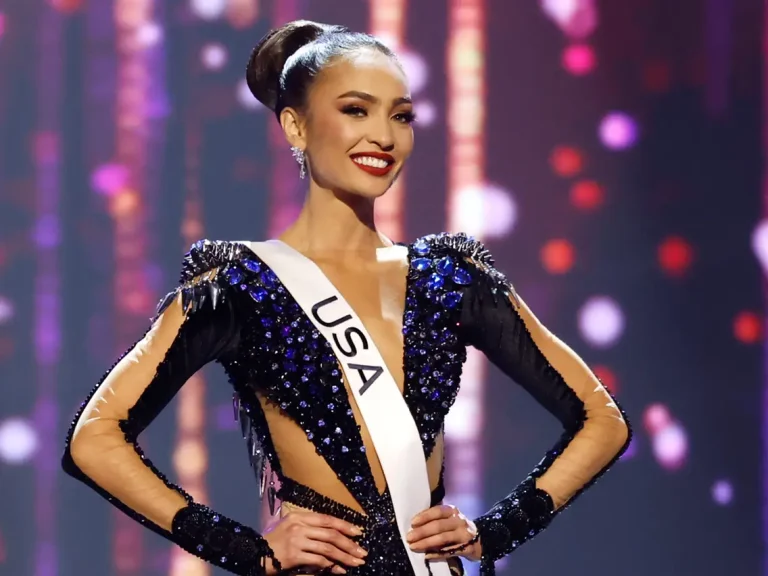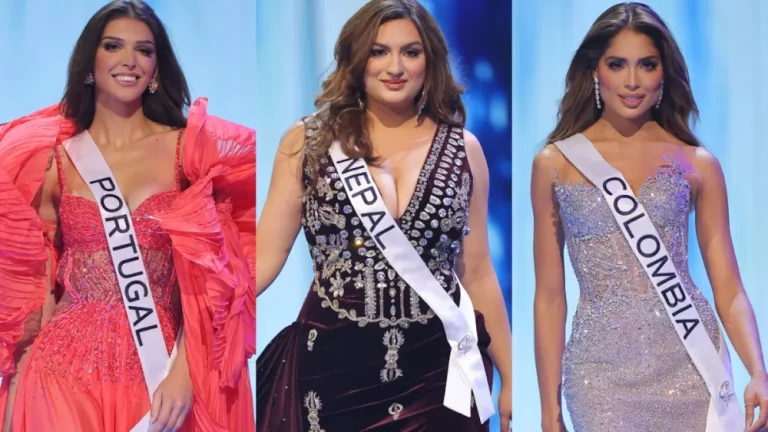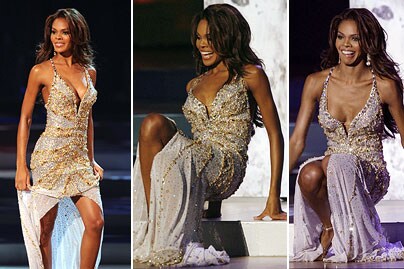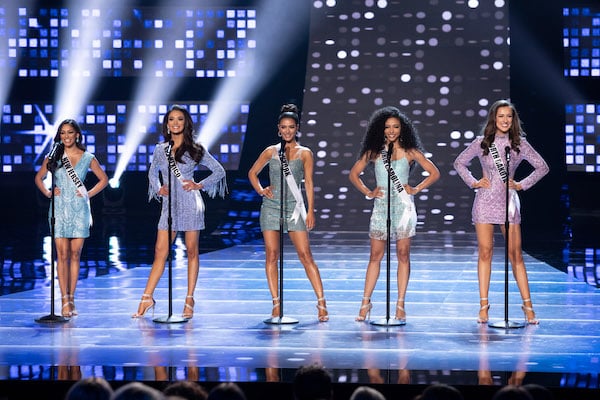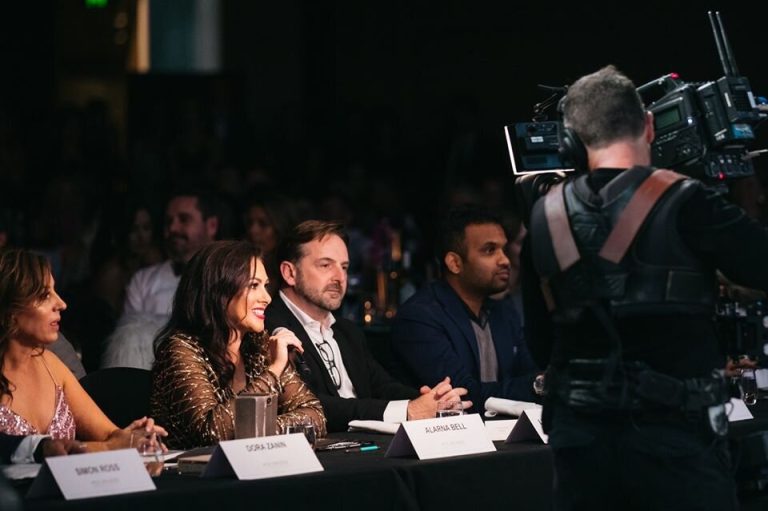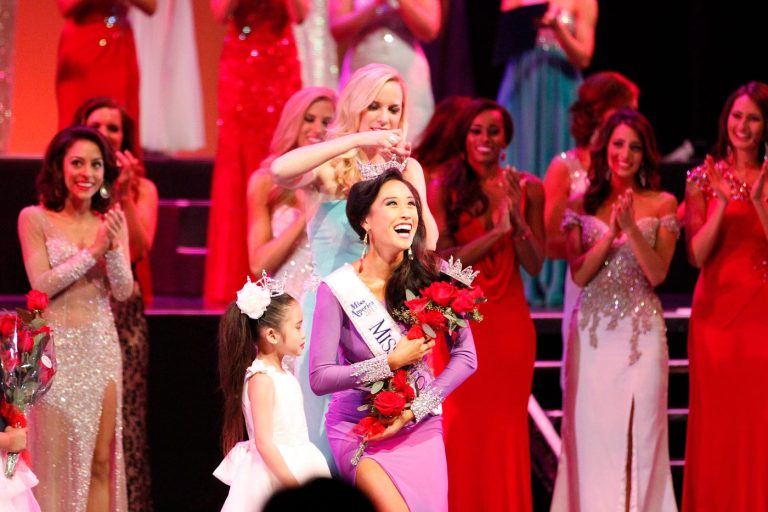What Are Beauty Pageants?
Have you ever imagined a world where elegance, grace, and glamour intertwine on a stage under the spotlight? Beauty pageants offer a captivating glimpse into this enchanting realm. From the glitzy gowns to the dazzling smiles, these competitions are a celebration of beauty in their many forms.
Step into a world where beauty meets competition, where every strut and smile tells a story of poise and confidence. Beauty pageants are not just about outer appearance; they are a showcase of talent, charm, and determination. Get ready to find out about the mesmerizing world of beauty pageants and what truly makes them sparkle.
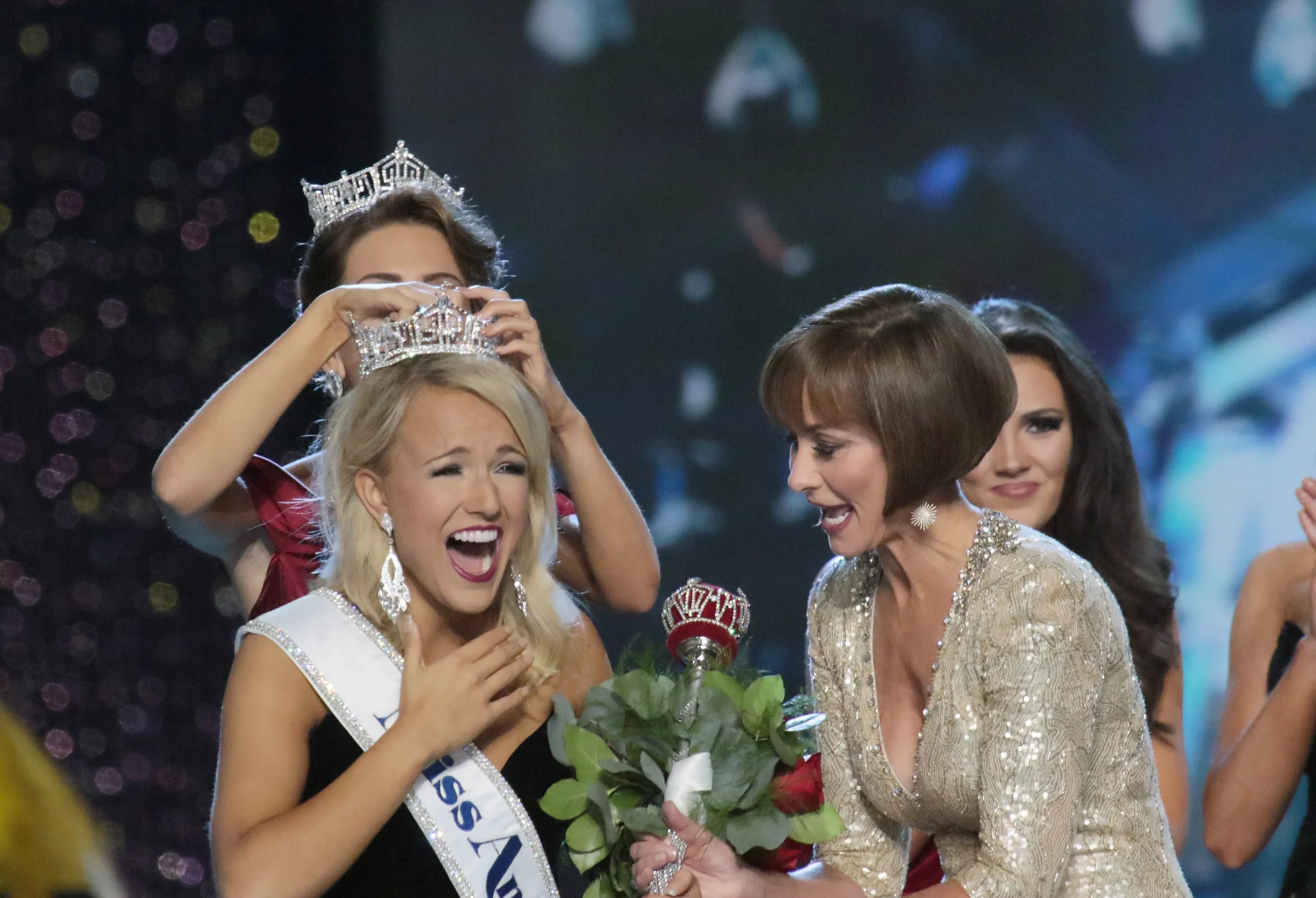
What Are Beauty Pageants?
Beauty pageants are competitions that focus primarily on the physical appearance of the participants, alongside other attributes such as talent, intelligence, and personality. These events are held for both men and women, although they are more traditionally associated with women. Contestants typically participate in various segments including evening gown parades, swimsuit/fitness categories, and talent demonstrations. They may also engage in interviews with judges, where they can discuss their achievements, goals, and views on various topics.
History of Beauty Pageants
The history of beauty pageants stretches back further than you might think, evolving from agricultural contests to the televised extravaganzas we see today. Here’s a glimpse into their past:
Early Traces (Pre-20th Century):
-
Beauty Contests Throughout Time: While not exactly beauty pageants, contests involving aesthetics can be traced back centuries. Think “prettiest flower” competitions or even judging the “cutest baby” at a fair.
-
1800s: The 1800s saw a rise in beauty contests, particularly at beach resorts. These were often informal events with a focus on swimwear, a trend that continues today.
The Rise of Modern Pageants (Early 20th Century):
-
1921: Birth of Miss America: Credited as the first modern pageant, the Miss America competition began in 1921 as a publicity stunt to extend Atlantic City’s tourist season.
-
Focus on Swimwear: Early Miss America pageants heavily emphasized physical beauty, particularly through swimsuit competitions. This focus on looks remained a defining feature for much of the 20th century.
-
International Expansion: Following Miss America’s success, other countries began hosting their own pageants. The mid-20th century saw the rise of international giants like Miss Universe (1952) and Miss World (1951).
Evolution and Criticism (Late 20th Century – Present):
-
Expanding Criteria: As societal values shifted, pageants gradually incorporated more than just physical beauty. Talent competitions, interviews, and community service involvement became important factors.
-
Criticism and Change: The emphasis on looks continued to draw criticism, sparking debates about feminism, objectification, and unrealistic beauty standards. Pageants have responded by further emphasizing inner beauty and well-roundedness.
-
Modern Landscape: Today’s pageants encompass a wider range of categories, including age groups, genders, and even causes. While the core idea of celebrating beauty remains, the definition of beauty itself has become more inclusive.
Types of Beauty Pageants
Beauty pageants vary widely in their format, purpose, and audience. Here are some of the main types of beauty pageants that exist:
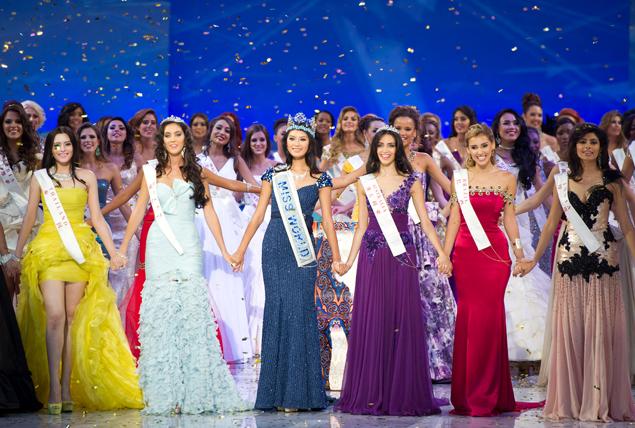
1. Traditional Beauty Pageants
Miss Universe, Miss World, Miss International, and Miss Earth: These are considered the Big Four international beauty pageants, focusing on beauty, personality, intelligence, and, more recently, advocacy and humanitarian efforts.
National Pageants: These serve as preliminary competitions where winners often go on to compete in international pageants. Examples include Miss USA, Miss India, and Miss Venezuela.
2. Talent Pageants
These competitions emphasize the talent aspect of their contestants as much as, or more than, physical beauty. Participants might showcase skills in singing, dancing, instrument playing, or other artistic abilities.
3. Teen Pageants
Aimed at younger participants, typically teenagers. Examples include Miss Teen USA and Miss Teen World. These pageants often promote self-confidence and personal growth among young women.
4. Children’s Beauty Pageants
These involve participants who are children, sometimes as young as a few years old. They have been subject to controversy, particularly regarding the sexualization and pressure placed on young participants.
5. Mrs. Pageants
Designed for married women, these pageants often celebrate both beauty and the accomplishments of married contestants. The Mrs. World competition is a notable example.
6. Plus-Size Pageants
Celebrate and promote body positivity and diversity by focusing on plus-size women. Examples include Miss Plus World and Miss Plus Universe.
7. Scholarship Pageants
These pageants emphasize academic achievement, leadership, and community service as key components of the competition. The Miss America pageant is well-known for providing substantial scholarships to its participants.
8. Eco-Friendly Pageants
Focus on environmental awareness and conservation efforts. Miss Earth is a prime example, as it promotes environmental causes and sustainable living.
9. Cultural or Ethnic Pageants
Celebrate specific cultures, ethnicities, or heritage. Examples include Miss Black USA and Miss Chinatown USA.
10. Specialty Pageants
Cater to specific interests or communities, such as pageants for military personnel, pageants focusing on advocacy for the differently-abled, or those promoting specific career fields.
Beauty Pageants Awards
Beauty pageant awards vary significantly across different competitions, reflecting each pageant’s unique focus and values. However, some common types of awards and titles that participants might receive include:
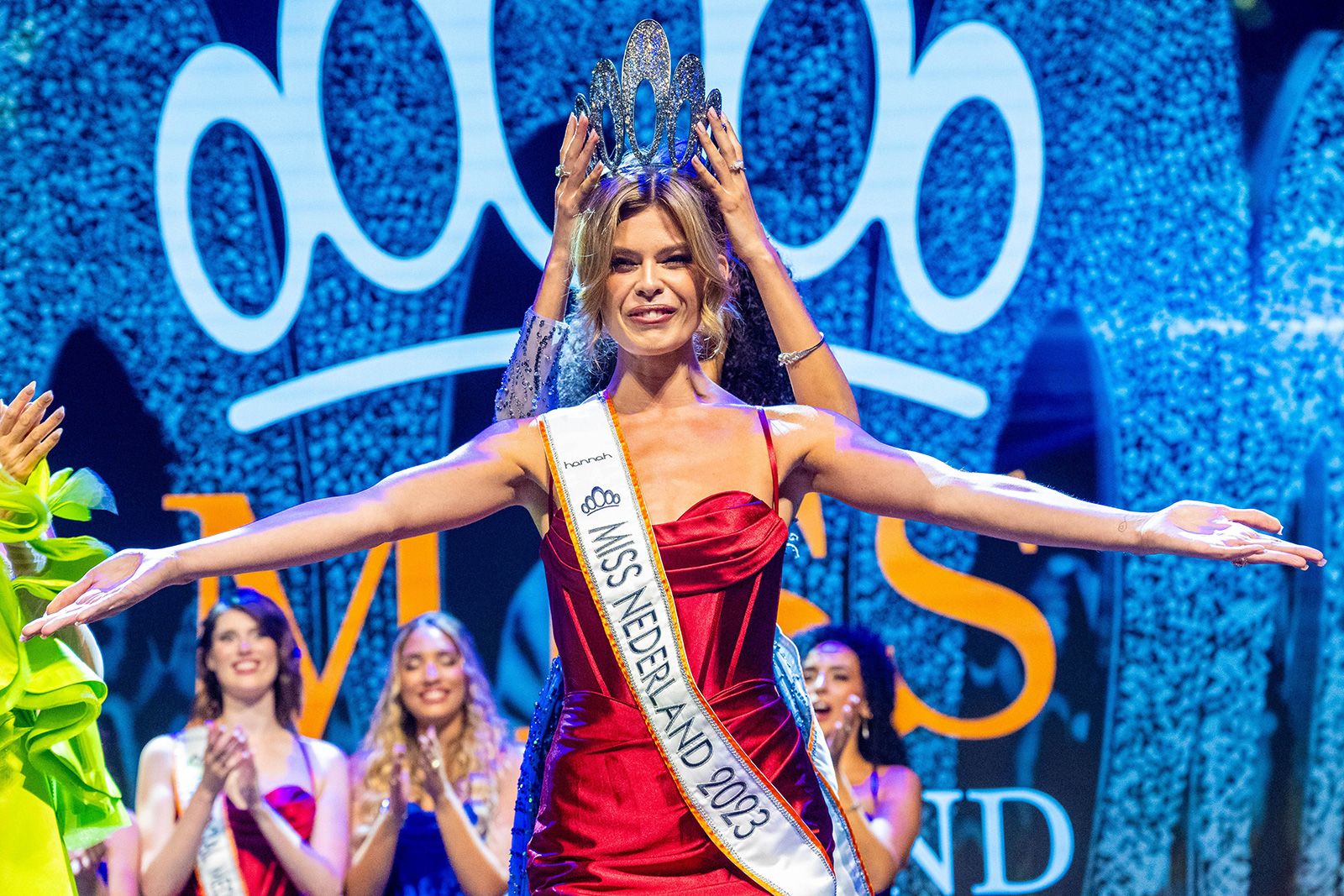
1. Main Titles
Winner/Queen: The highest honor, awarded to the contestant who best embodies the pageant’s ideals overall. This is often accompanied by a crown, sash, trophy, and sometimes monetary awards or scholarships.
First Runner-Up/Second Runner-Up: These titles are awarded to the contestants who finish in second and third places, respectively. They are considered successors if the winner cannot fulfill her duties.
2. Subsidiary Titles or Special Awards
- Miss Congeniality: Awarded to the contestant who is considered the most friendly and helpful by her peers.
- Best National Costume: Recognizes the contestant with the most outstanding costume representing her country’s heritage.
- Miss Photogenic: Given to the contestant who is deemed to photograph the best.
- Best Talent: For the contestant who gives the best performance in the talent portion of the competition.
- Best Evening Gown: Awarded for the best performance in the evening gown segment, often considering both the gown and the contestant’s poise.
- Best Swimsuit/Fitness Award: Recognizes the contestant with the best presentation in the swimsuit or fitness portion.
3. Advocacy and Scholarship Awards
These awards are presented to contestants who have shown exceptional commitment to community service, advocacy, or academic achievement. They might be named differently across pageants, reflecting the specific focus of the award.
4. People’s Choice Award
Given to the contestant who receives the most votes from the public or fans, often through online voting or social media platforms.
5. Sponsor Awards
Awards sponsored by brands or organizations associated with the pageant. These can range from scholarships and product gifts to modeling contracts.
6. Platform Awards
Awarded to contestants who excel in promoting their chosen advocacy or platform, demonstrating a deep commitment, and making tangible contributions.
Benefits of Beauty Pageants
Participating in beauty pageants offers a range of benefits beyond just a shiny crown. Here are some advantages that could make you consider stepping onto that stage:
- Confidence Boost: Beauty pageants can help boost your self-confidence and self-esteem as you showcase your talents and beauty in front of an audience.
- Professional Development: These events provide a platform to enhance your public speaking, communication, and interview skills, which are valuable in various aspects of life.
- Network Opportunities: Beauty pageants offer a chance to meet new people, make connections, and expand your social and professional network.
- Personal Growth: Engaging in beauty pageants can lead to personal growth by pushing you out of your comfort zone, challenging yourself, and fostering resilience.
- Skill Development: From talent performances to walking in evening gowns, beauty pageants allow you to refine your skills and talents in a supportive environment.
- Scholarship Opportunities: Many beauty pageants offer scholarships to winners, providing financial assistance for education and career advancement.
Controversies Surrounding Beauty Pageants
Beauty pageants have been a source of fascination and criticism for decades. Here are some of the biggest controversies that surround them:
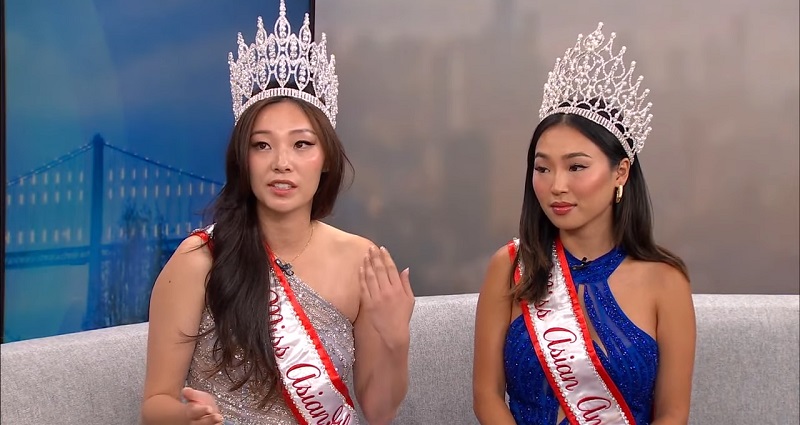
-
Focus on Physical Appearance: Critics argue that pageants perpetuate unrealistic beauty standards and place too much emphasis on looks over other qualities like intelligence, talent, or personality. This pressure to conform to a narrow definition of beauty can be damaging to self-esteem, particularly for young contestants.
-
Sexualization: Especially in child beauty pageants, some outfits and routines can be seen as overly sexualizing young girls. This can be inappropriate and raise concerns about the exploitation of children.
-
Fairness and Bias: There have been accusations of judging bias based on factors like race, ethnicity, or national origin. Additionally, the high costs associated with competing can disadvantage contestants from lower socioeconomic backgrounds.
-
Objectification of Women: Some see pageants as reinforcing the idea that women are primarily valued for their physical appearance. This can be seen as a setback for gender equality.
-
Relevance in Modern Society: Critics argue that pageants are outdated and don’t reflect the values of today’s society. They point to the rise of other platforms for women to showcase their talents and accomplishments.
However, pageant supporters offer counter-arguments:
-
Empowerment: Supporters argue that pageants can be empowering for women, providing them with scholarships, opportunities to travel, and a platform to advocate for causes they care about.
-
Inner Beauty: Many pageants have evolved to include criteria that go beyond physical beauty, such as intelligence, communication skills, and community service.
-
Celebrating Diversity: Pageants can be a way to celebrate different types of beauty and cultural backgrounds.
-
Building Confidence: Supporters argue that pageants can help contestants build confidence, public speaking skills, and life skills.
The debate around beauty pageants continues. Whether you see them as empowering or outdated, they are a cultural phenomenon with a complex history and a significant impact on how we perceive beauty.
Frequently Asked Questions
Why are beauty pageants controversial?
Beauty pageants are controversial due to criticisms of promoting unrealistic beauty standards, objectification of contestants, emphasis on physical appearance over other qualities, perpetuation of gender stereotypes, and the pressure faced by contestants.
How are beauty pageants addressing these criticisms?
Some beauty pageants are introducing new criteria focusing on personal achievements, advocacy work, and inner beauty to shift the conversation towards substance and character rather than outward appearance.
Are beauty pageants solely based on physical beauty?
While physical appearance plays a role in beauty pageants, efforts are being made to emphasize other qualities such as personal achievements, advocacy work, and inner beauty in an attempt to diversify the criteria for judging contestants.
Do beauty pageant contestants face pressure and stress?
Yes, contestants in beauty pageants often face significant pressure and stress due to the competitive nature of the events, expectations placed on them, and scrutiny from judges and the public. Efforts are being made to create a more supportive environment for contestants.
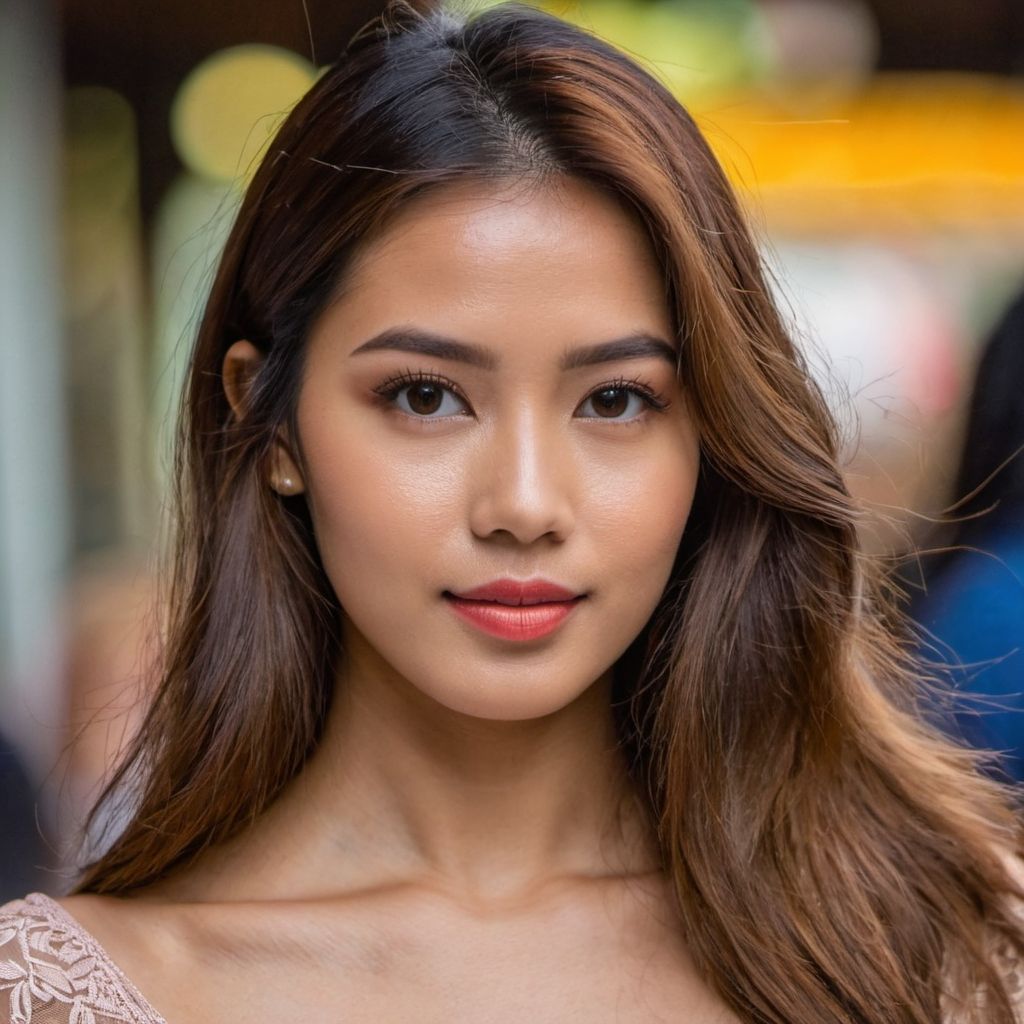
I’m Ellis Philip, a writer who loves fashion. I often write for beauty magazines, sharing my thoughts on how fashion can make women feel powerful. Traveling is my passion, as it lets me discover new beauty products and trends. I enjoy bringing these finds into my writing, hoping to inspire others.

